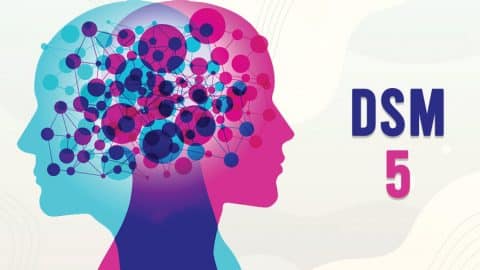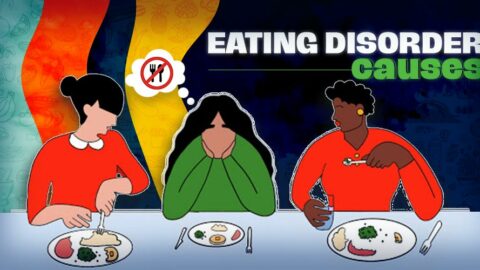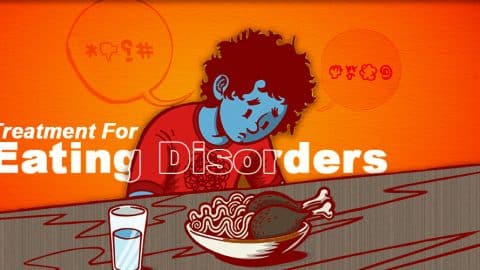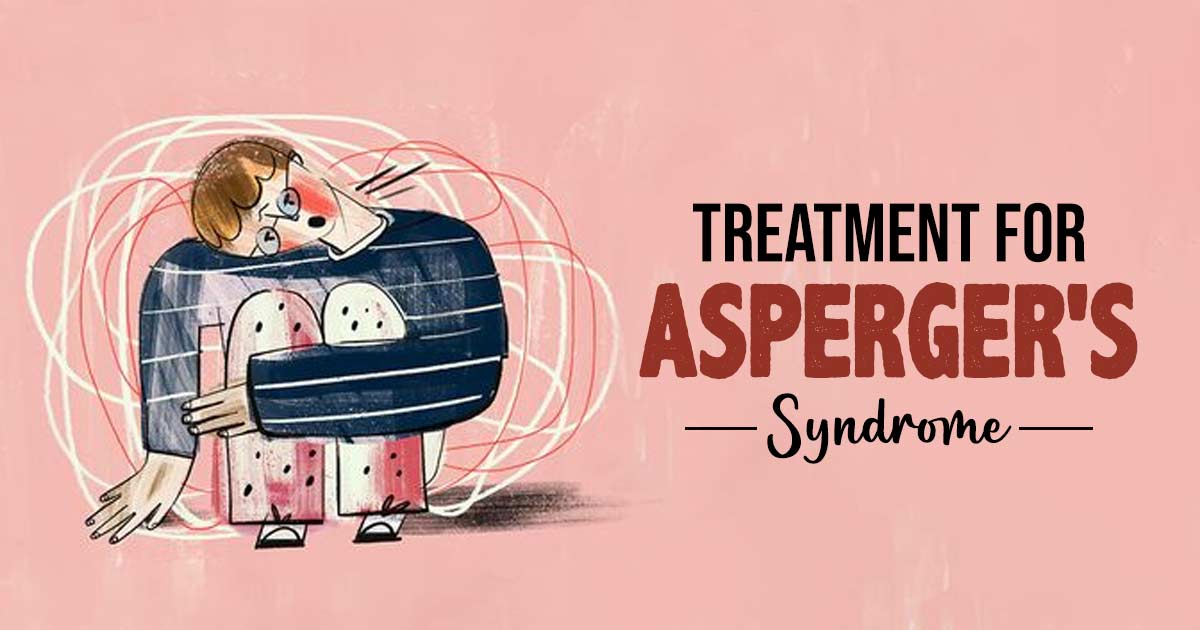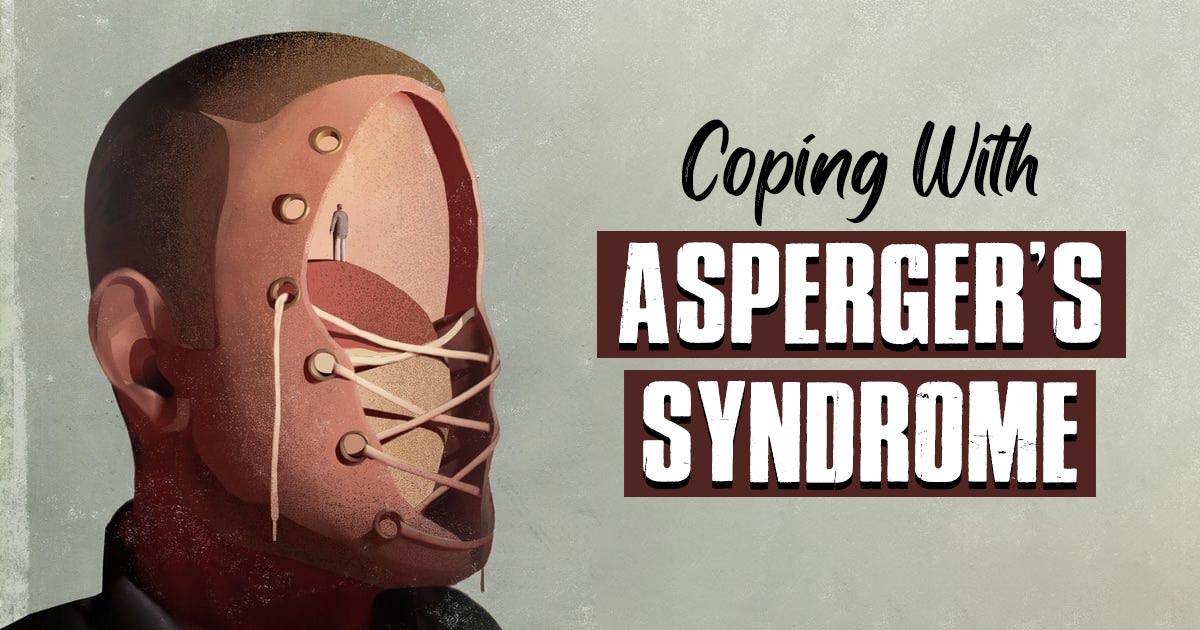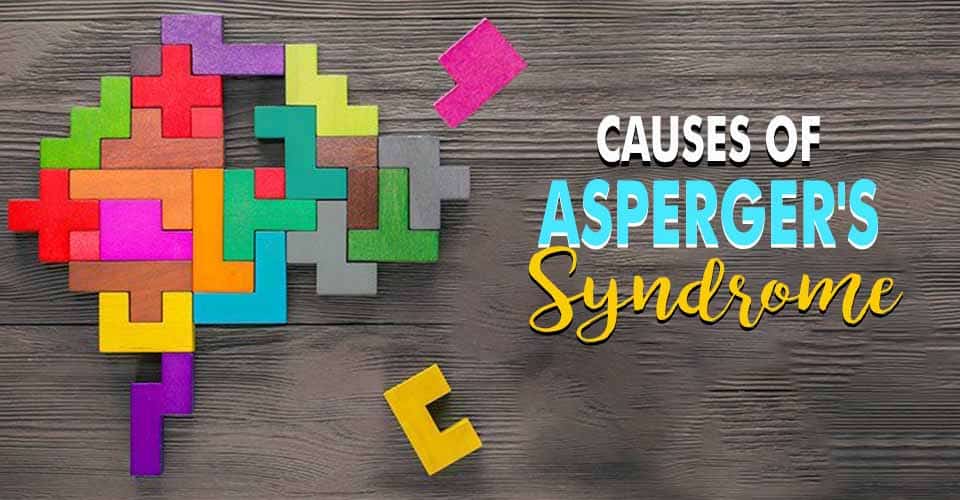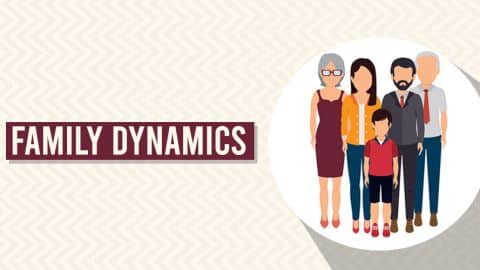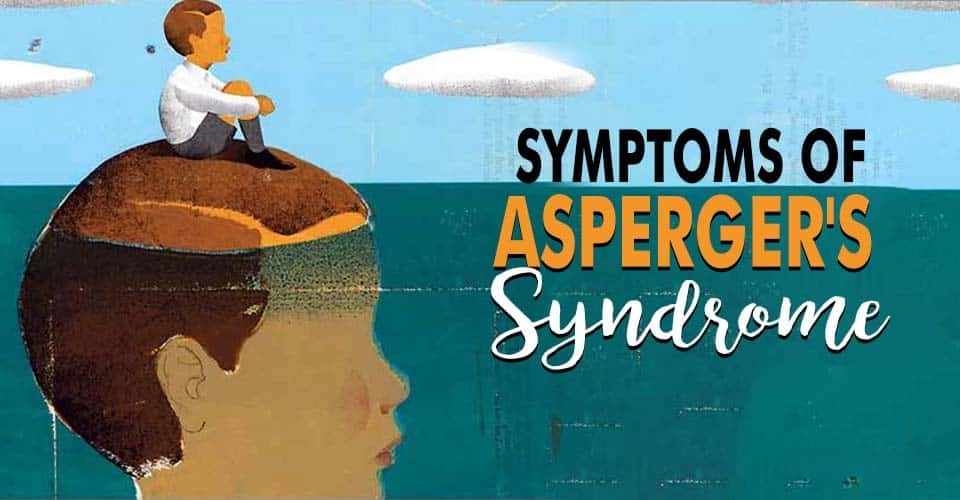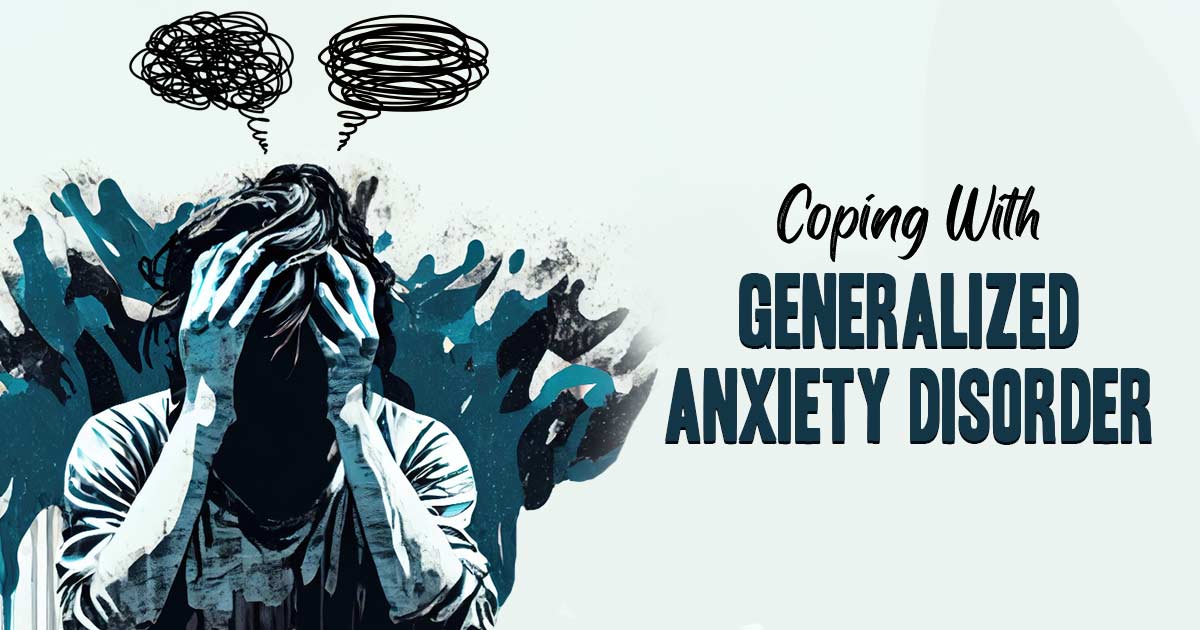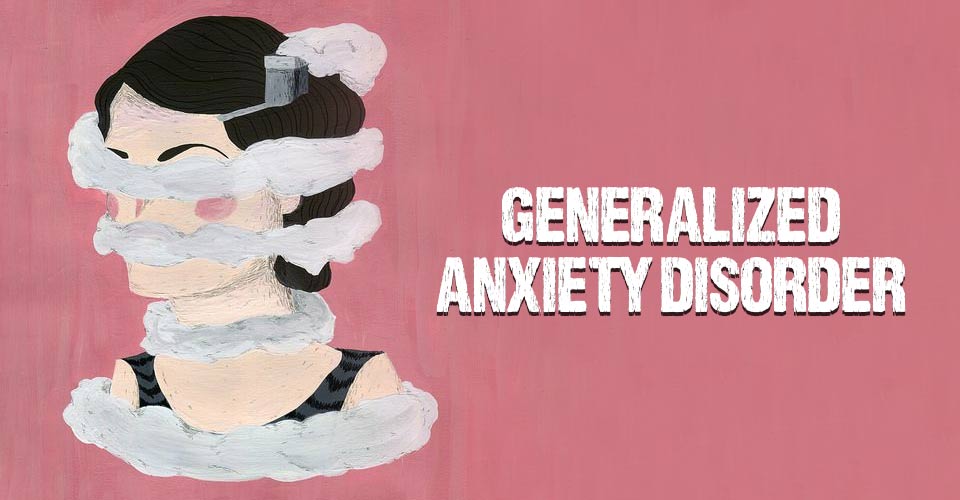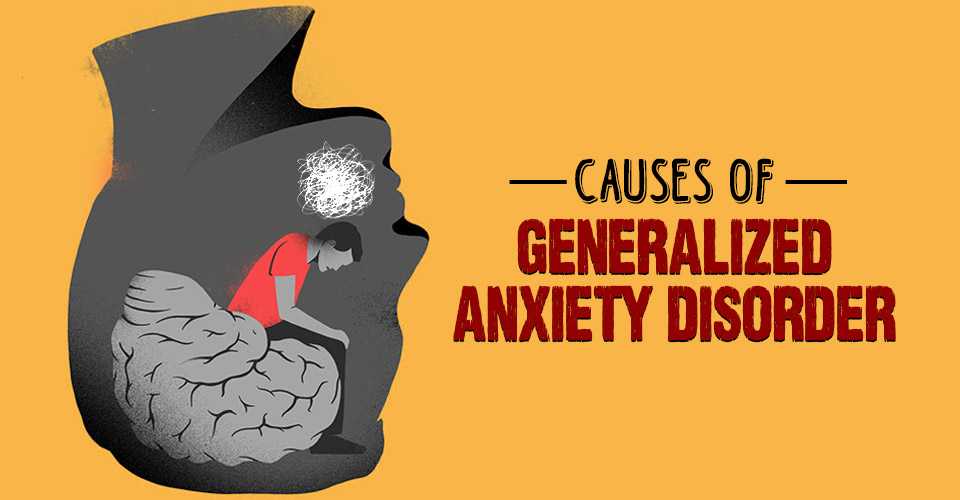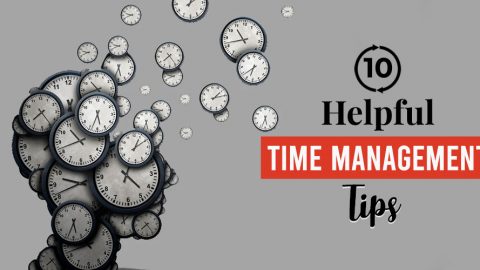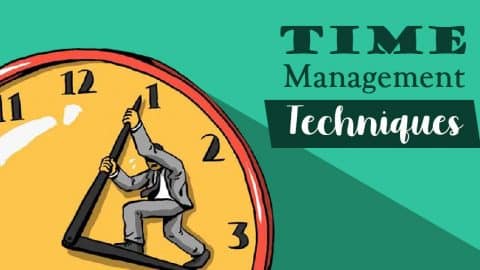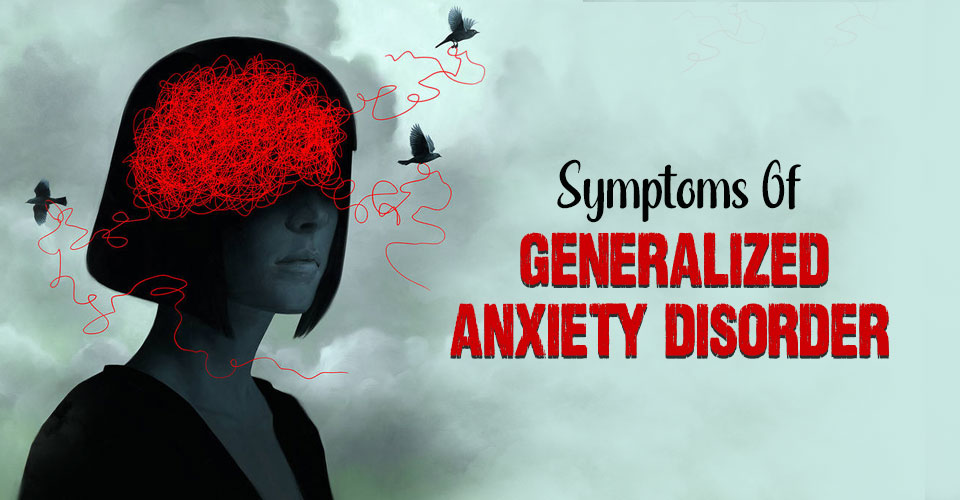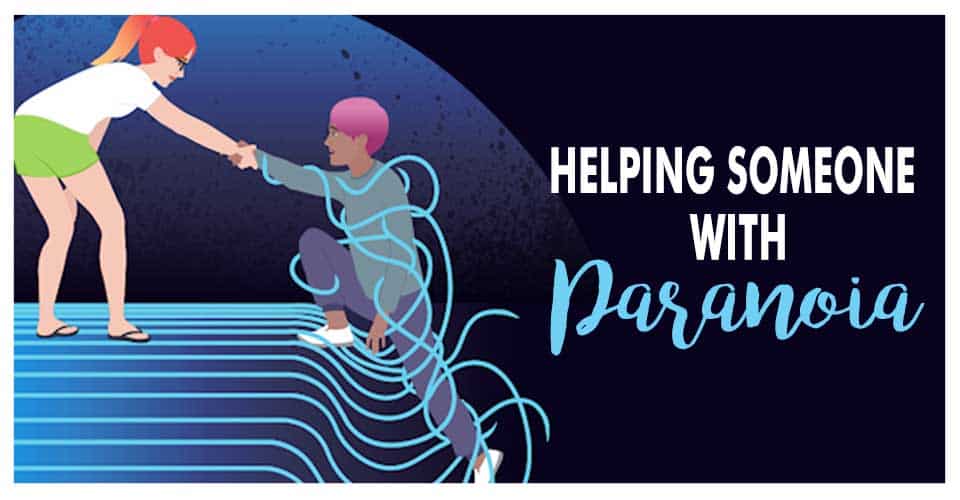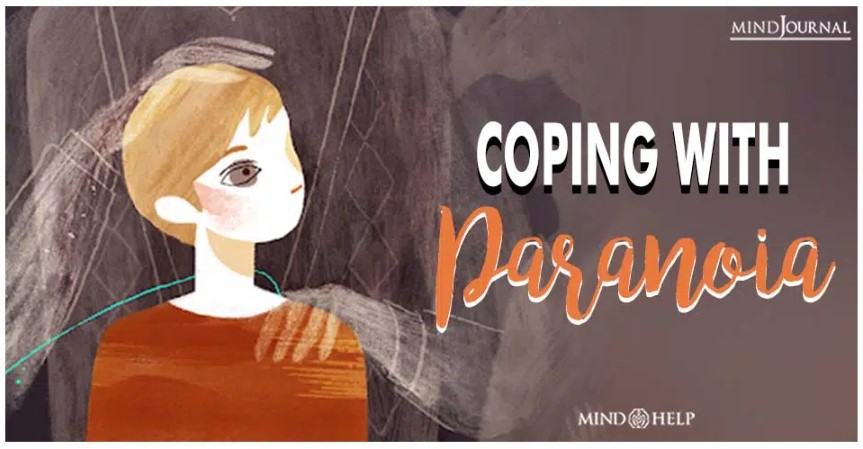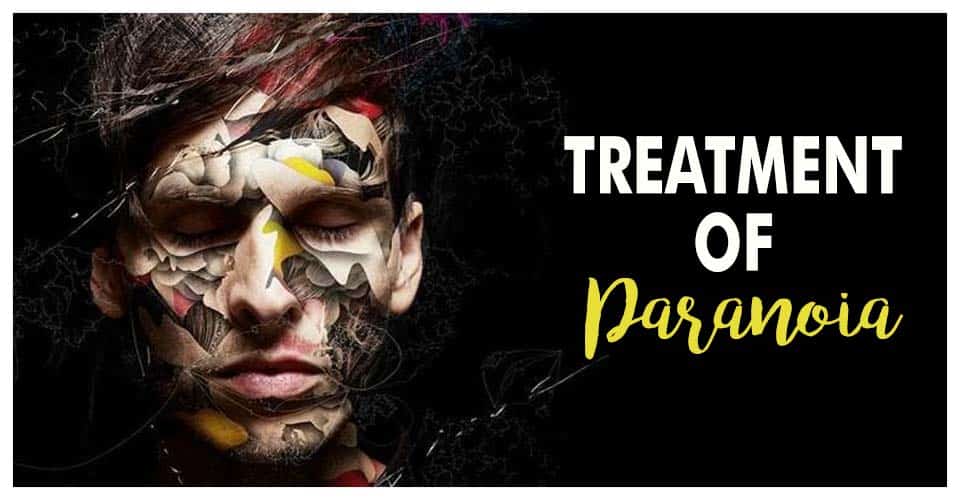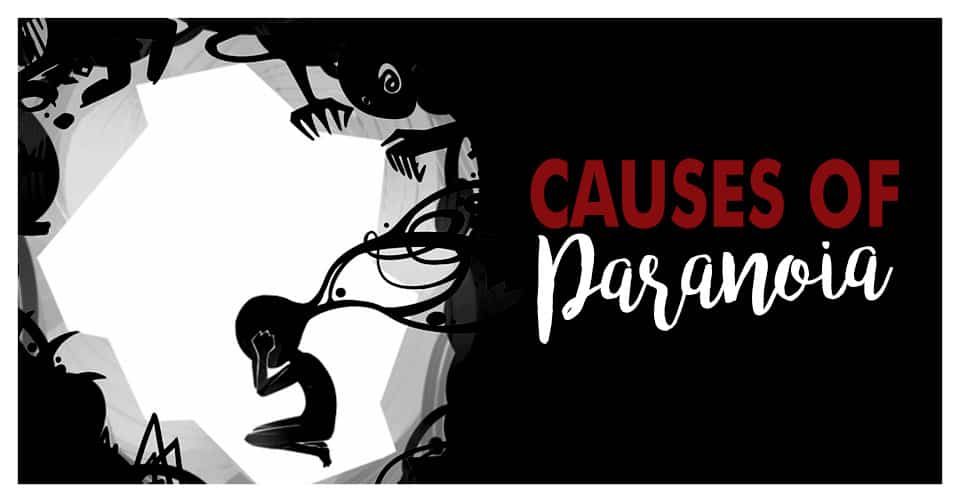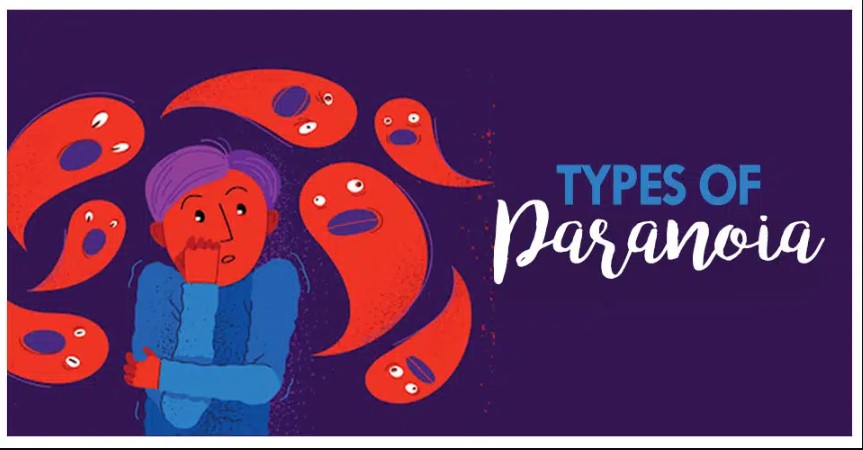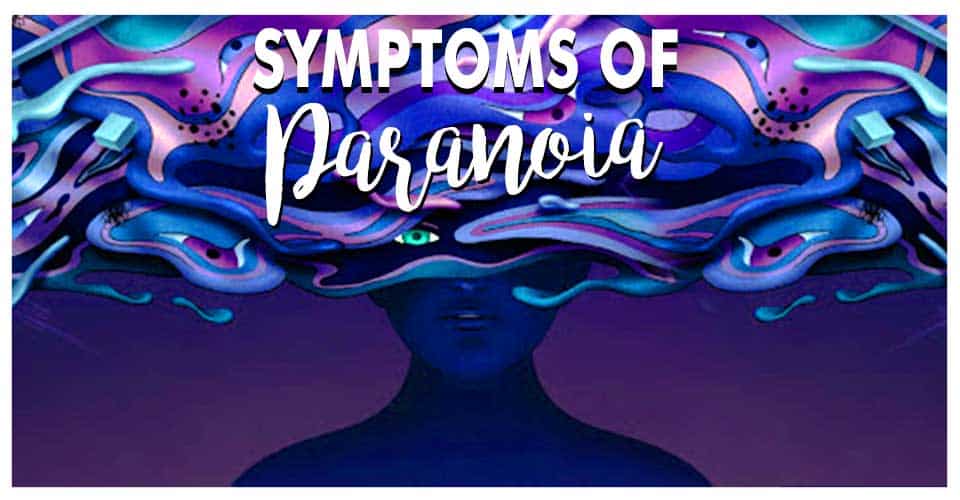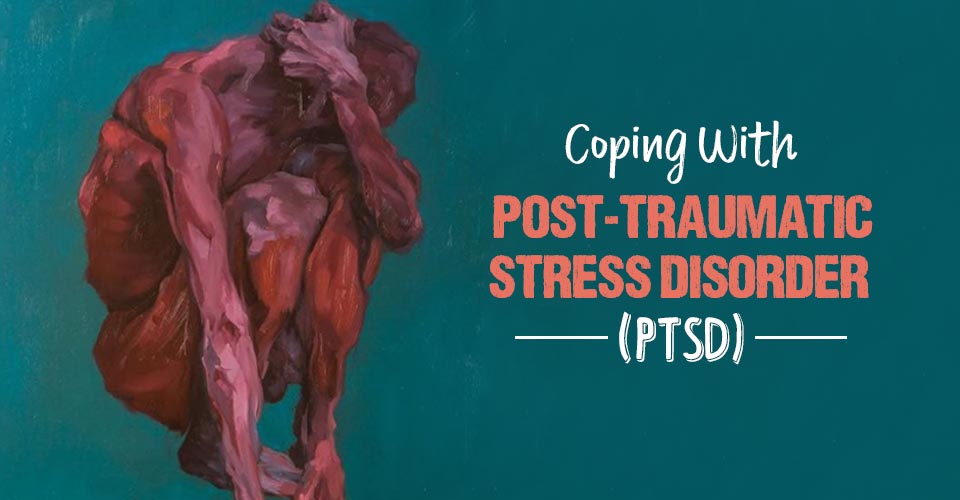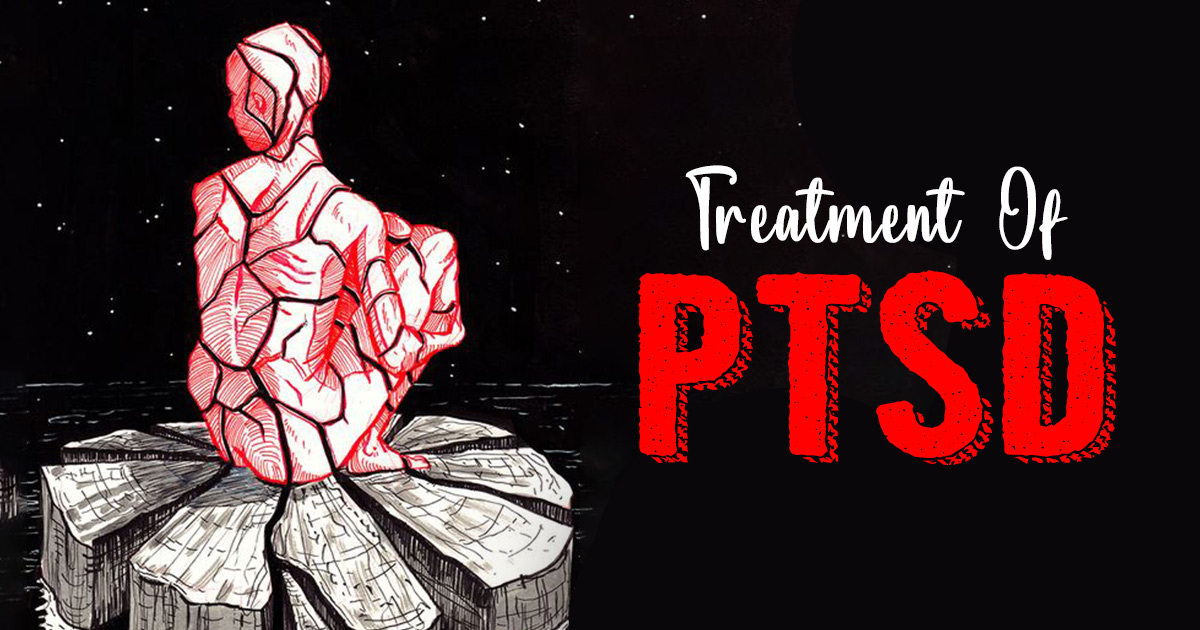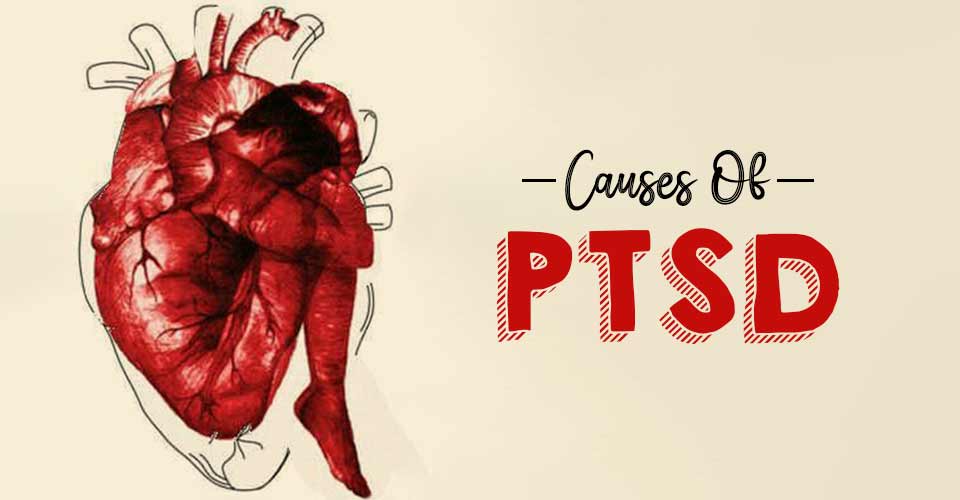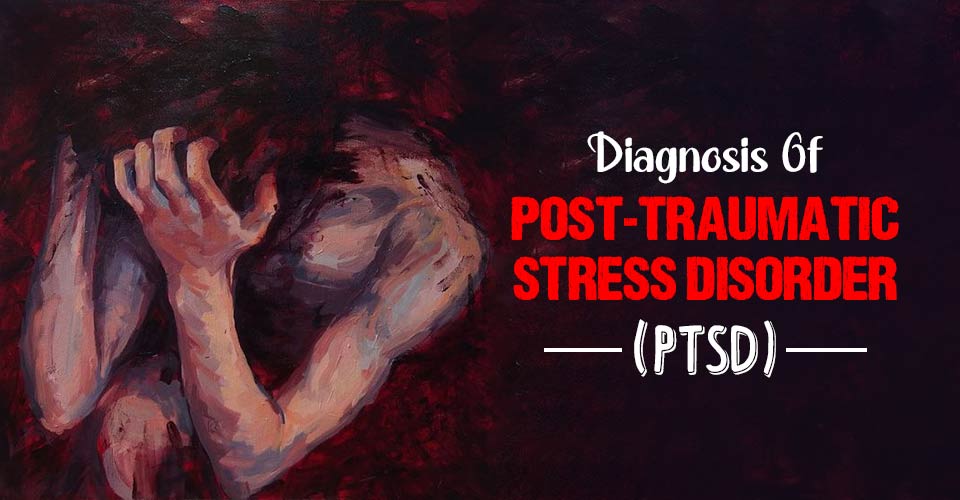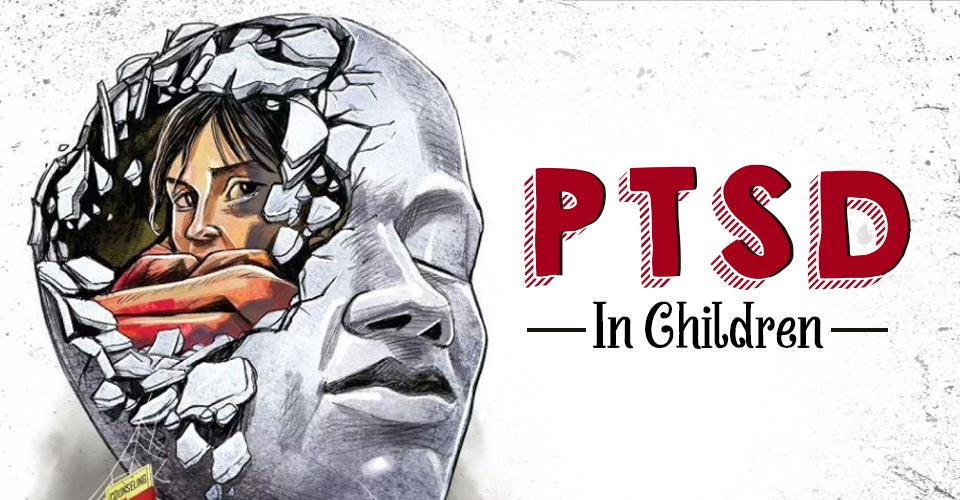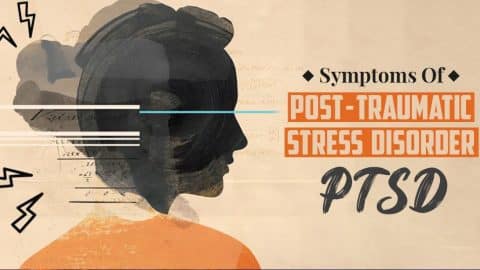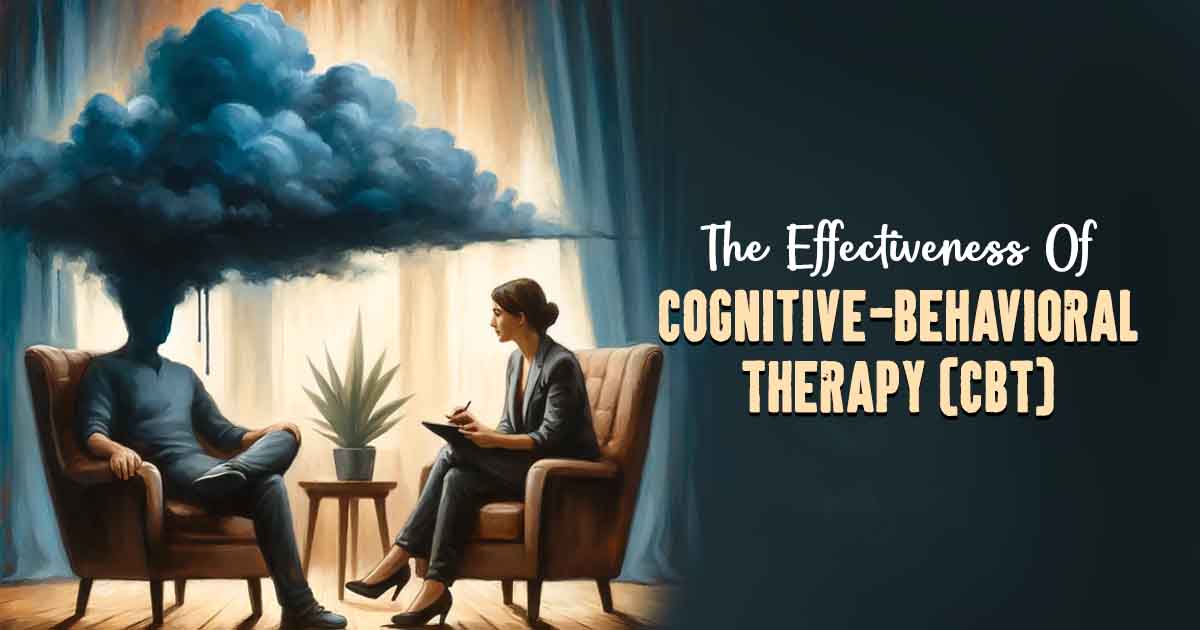Drug abuse is a complex state of mental health characterized by the excessive and inappropriate use of both illegal recreational drugs and over-the-counter medications, often in ways that deviate from their recommended or intended purposes. It is a significant public health concern with far-reaching consequences for individuals and communities alike.
What Is Drug Abuse?
Drug abuse refers to the excessive and inappropriate use of drugs, whether they are legal or illegal substances, that leads to physical, psychological, or social harm 1 Lo, T. W., Yeung, J. W. K., & Tam, C. H. L. (2020). Substance Abuse and Public Health: A Multilevel Perspective and Multiple Responses. International journal of environmental research and public health, 17(7), 2610. https://doi.org/10.3390/ijerph17072610 .
It involves the persistent and compulsive consumption of drugs despite their negative consequences. Drug abuse is often characterized by an individual’s inability to control their drug use, leading to a range of health, social, and legal problems.
The nature of drug abuse varies depending on the substance involved 2 US Department of Health and Human Services. (2016, November). THE NEUROBIOLOGY OF SUBSTANCE USE, MISUSE, AND ADDICTION. Nih.gov; US Department of Health and Human Services. Available from: https://www.ncbi.nlm.nih.gov/books/NBK424849/ , but it typically involves the misuse or overuse of drugs that have mind-altering effects. Examples of commonly abused drugs include alcohol, tobacco, prescription medications (such as opioids, stimulants, and sedatives), and illegal drugs like cocaine, heroin, methamphetamine, and hallucinogens.
The effect of drug abuse is the most profound on mental health, contributing to the development or exacerbation of mental health disorders such as anxiety, depression, psychosis, and addiction.
Read More About Addiction Here
How Common Is Drug Abuse?
Drug abuse affects people worldwide, and its prevalence differs by region. According to the World Drug Report 2021 by the United Nations Office on Drugs and Crime (UNODC) 3 United Nations. (2021, June 24). UNODC World Drug Report 2021: pandemic effects ramp up drug risks, as youth underestimate cannabis dangers. United Nations : Office on Drugs and Crime. https://www.unodc.org/unodc/press/releases/2021/June/unodc-world-drug-report-2021_-pandemic-effects-ramp-up-drug-risks–as-youth-underestimate-cannabis-dangers.html , an estimated 275 million people (or 5.5% of the global population aged 15-64) used drugs at least once in 2020.
Gender differences exist concerning drug abuse patterns. Traditionally, men have shown higher rates of drug abuse compared to women. However, the gender gap 4 McHugh, R. K., Votaw, V. R., Sugarman, D. E., & Greenfield, S. F. (2018). Sex and gender differences in substance use disorders. Clinical psychology review, 66, 12–23. https://doi.org/10.1016/j.cpr.2017.10.012 has been narrowing over time.
The age at which individuals start abusing drugs can also vary widely. Many individuals begin experimenting with drugs during adolescence or young adulthood. For instance, according to the National Survey on Drug Use and Health (NSDUH) 5 Substance Abuse and Mental Health Services Administration. (2020). National survey on Drug Use and Health | CBHSQ. Samhsa.gov. https://www.samhsa.gov/data/data-we-collect/nsduh-national-survey-drug-use-and-health in the United States, in 2020, around 40% of adults aged 18 and older reported using illicit drugs before the age of 18. Early initiation of drug use is a concern as it increases the risk of developing substance use disorders and associated health problems.
Signs Of Drug Abuse
The common 6 Fluyau, D., & Charlton, T. E. (2021). Addiction. PubMed; StatPearls Publishing. Available from: https://www.ncbi.nlm.nih.gov/books/NBK549783/ signs of drug abuse include:
- Bloodshot or glazed eyes
- Dilated or constricted pupils
- Sudden weight loss or changes in appetite
- Slurred speech or impaired coordination
- Unexplained bruises, infections, or skin rashes
- Changes in sleep patterns, such as insomnia or excessive sleepiness
- Chronic cough or respiratory problems
- Needle marks or track marks (in the case of intravenous drug use)
- Frequent nosebleeds (in the case of cocaine or methamphetamine use)
- Poor hygiene and physical appearance
- Sudden changes in behavior, mood, or personality
- Extreme and unexplained shifts in energy levels, such as appearing overly energetic or lethargic
- Withdrawal from friends, family, or social activities
- Neglecting responsibilities at work, school, or home
- Increased secrecy and lying about whereabouts or activities
- Financial difficulties or unexplained monetary issues
- Engaging in risky behaviors, such as driving under the influence or unprotected sex
- Loss of interest in hobbies or activities once enjoyed
- Legal problems, such as arrests or encounters with law enforcement
- Agitation, irritability, or hostility when confronted about drug use
Causes Of Drug Abuse
The common 7 Whitesell, M., Bachand, A., Peel, J., & Brown, M. (2013). Familial, social, and individual factors contributing to risk for adolescent substance use. Journal of addiction, 2013, 579310. https://doi.org/10.1155/2013/579310 causes of drug abuse include:
- Genetic and biological factors, such as a family history of drug abuse, genetic predisposition, and chemical imbalances in the brain.
- Environmental factors, such as peer pressure, easy access to drugs, high-stress environments, lack of parental guidance, and dysfunctional family dynamics.
- Psychological factors, such as co-occurring mental health disorders, low self-esteem, impulsivity, and using drugs as a coping mechanism.
- Socioeconomic factors, such as poverty, unemployment, limited educational opportunities, and neighborhood characteristics.
- Cultural and peer influences like cultural norms, media portrayal, and social acceptance or normalization of drug use.
- Early exposure and childhood adversities, such as early initiation of drug use, childhood abuse or trauma, and lack of nurturing relationships.
Read More About Genetics Here
Drug Abuse And Mental Health
Regular drug abuse and mental health functioning are intricately related. The long-term effect of drug abuse includes impairment of our cognitive abilities, disruptions in mood stability, and enhancement of the risk of mental health disorders.
Additionally, it worsens pre-existing conditions 8 Kim, Y. J., Qian, L., & Aslam, M. S. (2020). The impact of substance use disorder on the mental health among COVID-19 patients: A protocol for systematic review and meta-analysis. Medicine, 99(46), e23203. https://doi.org/10.1097/MD.0000000000023203 , promotes social isolation, hampers healthy coping mechanisms, reduces motivation and productivity, and leads to financial and legal consequences. The overall health decline caused by drug abuse further exacerbates the difficulties in managing mental health in everyday functioning effectively.
Mental Health Conditions That Trigger Drug Abuse
Drug abuse can lead to the development, exacerbation, or perpetuation of various mental health conditions 9 Booth, B. M., Walton, M. A., Barry, K. L., Cunningham, R. M., Chermack, S. T., & Blow, F. C. (2011). Substance use, depression, and mental health functioning in patients seeking acute medical care in an inner-city ED. The journal of behavioral health services & research, 38(3), 358–372. https://doi.org/10.1007/s11414-010-9227-6 . Substance Use Disorders (SUDs) are common outcomes of drug abuse, characterized by impaired control over substance use and withdrawal symptoms. Drug abuse can also trigger or worsen symptoms of depression, contributing to a cycle of self-medication and deteriorating mental health.
Anxiety disorders, such as generalized anxiety disorder, panic disorder, social anxiety disorder, and PTSD, can be intensified by drug abuse. Certain drugs can induce psychotic symptoms, worsening conditions like schizophrenia.
Drug abuse can also destabilize mood swings in individuals with bipolar disorder. Personality disorders, including borderline personality disorder and antisocial personality disorder, often co-occur with substance abuse. The risk of suicidal ideation, suicide attempts, and self-harm significantly increases with drug abuse.
Read More About Anxiety Here
How To Diagnose Drug Abuse
Diagnosing drug abuse involves a comprehensive assessment 10 Jahan, A. R., & Burgess, D. M. (2023). Substance Use Disorder. PubMed; StatPearls Publishing. Available from: https://www.ncbi.nlm.nih.gov/books/NBK570642/#:~:text=The%20substance%20use%20amount%20is that includes both physical and psychological evaluations. The process begins with a physical examination to identify physical signs of drug abuse, such as needle marks or track marks.
Laboratory tests, including urine, blood, or hair analysis, are conducted to detect the presence of drugs or their metabolites in the body, providing information about the specific substances used and the overall health effect of drug abuse.
Alongside the physical evaluation, a thorough psychological assessment is performed by mental health professionals. This assessment involves interviews, questionnaires, and standardized psychological tests to evaluate emotional well-being, mental health history, and the presence of co-occurring mental health disorders.
The diagnosis of drug abuse follows established criteria 11 Pasha, A. K., Chowdhury, A., Sadiq, S., Fairbanks, J., & Sinha, S. (2020). Substance use disorders: diagnosis and management for hospitalists. Journal of community hospital internal medicine perspectives, 10(2), 117–126. https://doi.org/10.1080/20009666.2020.1742495 in the Diagnostic and Statistical Manual of Mental Disorders (DSM-5). Collaboratively, healthcare professionals, including physicians, psychiatrists, psychologists, and addiction specialists, work together to ensure an accurate diagnosis. The involvement of family members or close contacts may also provide valuable insights.
Treatment For Drug Abuse
Treatment for drug abuse encompasses a combination of therapies, medication, and coping strategies 12 Jhanjee S. (2014). Evidence based psychosocial interventions in substance use. Indian journal of psychological medicine, 36(2), 112–118. https://doi.org/10.4103/0253-7176.130960 , including:
1. Detoxification:
The initial step in drug abuse treatment involves medical supervision and support to safely manage withdrawal symptoms and eliminate the drug from the body.
2. Behavioral Therapy:
Various forms of therapy, such as cognitive-behavioral therapy (CBT), motivational interviewing, and contingency management, are used to address the psychological aspects of drug abuse and promote positive behavioral changes in the treatment for drug abuse.
Read More About Cognitive Behavioral Therapy (CBT) Here
3. Medication-Assisted Treatment (MAT):
In some cases, medications 13 Chou, R., P Todd Korthuis, Weimer, M., Bougatsos, C., Blazina, I., Zakher, B., Grusing, S., Devine, B., & McCarty, D. (2016, December). Findings. Nih.gov; Agency for Healthcare Research and Quality (US). Available from: https://www.ncbi.nlm.nih.gov/books/NBK402343/ like methadone, buprenorphine, or naltrexone may be prescribed to help reduce cravings, manage withdrawal symptoms, and support long-term recovery.
4. Support Groups:
Participation in support groups like Narcotics Anonymous (NA) or Alcoholics Anonymous (AA) provides peer support, encouragement, and a sense of community for individuals in recovery.
5. Family Involvement:
Involving the family in therapy and education helps rebuild relationships, strengthen support systems, and address any enabling or codependent behaviors.
Holistic Approaches in Treatment For Drug Abuse
Complementary therapies 14 Breslin, K. T., Reed, M. R., & Malone, S. B. (2003). An holistic approach to substance abuse treatment. Journal of psychoactive drugs, 35(2), 247–251. https://doi.org/10.1080/02791072.2003.10400006 like yoga, mindfulness meditation, art therapy, and physical exercise can support overall well-being and enhance the recovery process.
How To Overcome Drug Abuse
Consider the following measures 15 Abuse, S. (2016, November 1). VISION FOR THE FUTURE: A PUBLIC HEALTH APPROACH. Nih.gov; US Department of Health and Human Services. Available from: https://www.ncbi.nlm.nih.gov/books/NBK424861/ on how to overcome drug abuse:
- Acknowledge the problem and seek professional help.
- Develop a personalized treatment plan with healthcare professionals.
- Engage in behavioral therapies to address underlying issues and learn coping strategies.
- Build a supportive network of family, friends, and support groups.
- Make lifestyle changes, including exercise, stress management, and nutrition.
- Avoid triggers and high-risk situations.
- Establish a relapse prevention plan and identify warning signs.
- Practice self-care activities for mental, emotional, and physical well-being.
- Channel your drug craving through other creative or vocational activities.
- Stay committed to recovery and engage in ongoing support and treatment.
Takeaway
Drug abuse is a preventable disease, and effective prevention programs exist that involve families, schools, communities, and the media. Educating the youth and the general public about the harmful effects of drug abuse is crucial.
It is important for teachers, parents, medical professionals, and public health professionals to consistently emphasize the message that drug addiction can only be prevented by never abusing drugs.
At A Glance
- Drug abuse is the excessive and inappropriate use of legal or illegal drugs, leading to physical, psychological, or social harm.
- Commonly abused substances include alcohol, tobacco, prescription medications, and illicit drugs.
- Worldwide, the effect of drug abuse is seen in 5.5% of the global population.
- Signs of drug abuse include physical symptoms, changes in behavior or mood, and social or legal issues.
- Drug abuse and mental health are related, as drug use impairs cognitive abilities and increases the risk of mental health disorders.
- Drug abuse can trigger or worsen conditions such as depression, anxiety disorders, psychosis, schizophrenia, bipolar disorder, and personality disorders.
- Ways on how to overcome drug abuse require seeking professional help, developing a personalized treatment plan, building a support network, and making lifestyle changes.
Frequently Asked Questions (FAQs)
1. What is drug abuse in mental health?
Drug abuse in mental health refers to the misuse or excessive use of substances that can negatively impact a person’s mental well-being.
2. Is drug abuse a voluntary or an involuntary activity?
Drug abuse is generally considered a voluntary activity, as individuals have the choice to engage in substance use despite the potential risks and consequences.
3. How does drug abuse affect the youth?
Drug abuse can significantly impact the youth by impairing their cognitive development, increasing the risk of mental health disorders, hindering academic performance, and leading to long-term physical and psychological harm.
4. How do you fight drug abuse?
Fighting drug abuse involves implementing a comprehensive approach that includes prevention programs, education on the dangers of substance abuse, accessible treatment and rehabilitation services, community support, and addressing underlying factors such as social determinants of drug abuse.


